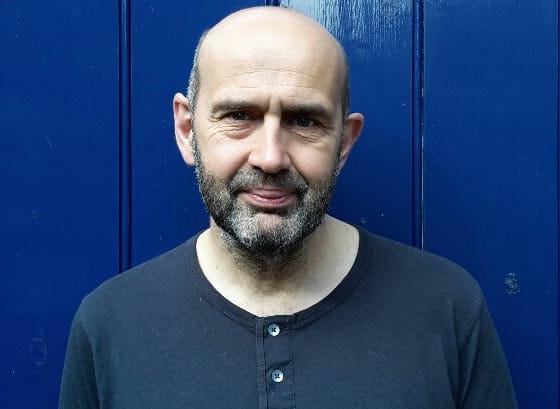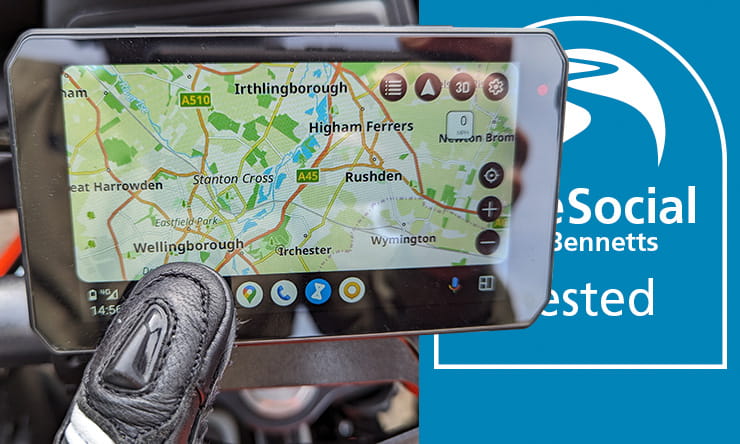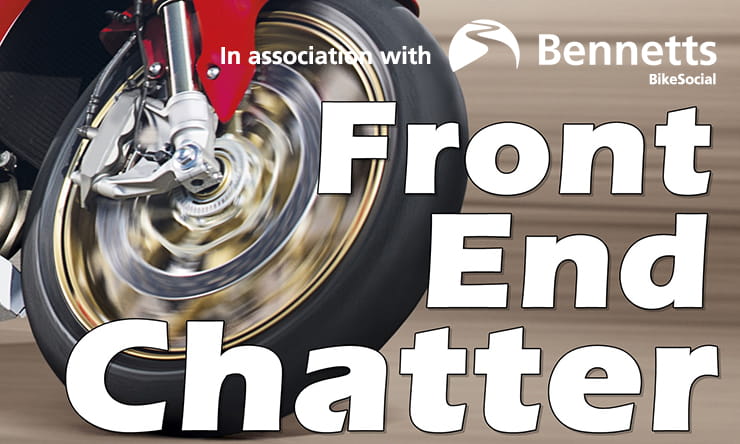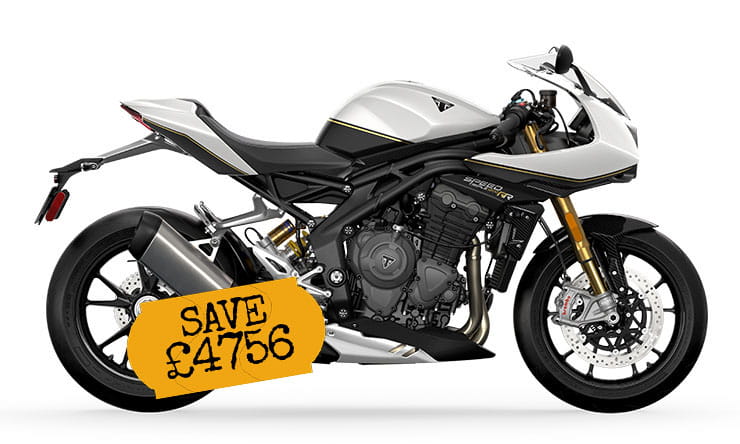Seven hours in a room in Birmingham with around 100 mostly-middle-aged man discussing the future of UK motorcycling might not seem like the most exciting biking adventure. But the recent MCIA conference laid out the challenges we face and how those of us who have some influence can contribute to that.
Two key thoughts stuck in my mind as I left.
Firstly, we – our generation of riders – have been truly blessed to be part of probably the greatest era of riding there will ever be. Those of us who’ve ridden through the 80s, 90s and 00s had the best bikes, the most empty roads, the opportunity to ride those bikes and roads in a largely camera-free society (till the mid-90s) and, increasingly, the best riding kit, safest technology and cheap petrol too. Instead of moaning about the forthcoming legislation driving transport towards net-zero we should be enjoying every flipping minute of the final few years of dinosaur-powered scratching.
The second point was that after years of being outsiders and misfits, motorcycling could be about to go mainstream. The arguments for utility, functional motorcycling, and other light vehicles to be at the heart of future transport policy (especially last mile delivery) are so overwhelmingly compelling that any Government - even this one - would be crazy not to embrace it.
Now, that might not seem like the kind of motorcycling a typical mid-life lee-zure rider would be interested in, but the point is that if motorcycling goes mainstream through delivery, then everyone on two wheels benefits.
A recent report showed how the average engine size of UK motorcycles had increased from 376cc in 1994 to 618cc in 2020. If you need an illustration of how motorcycling has shifted from utility to leisure, that’s it. And, to people like me, who have always used bikes because they’re the most enjoyable and efficient way to move one person from here to there, I think it’s time to bring biking back to our city centres, towns, and small villages.
Sorry, rant over, back to the MCIA conference.
The most uplifting thing about the meeting was just how many organisations and people are out there rooting for motorcycling without us knowing it.
Think of it like, as a toddler, infant, teenager and even into adulthood, your parents were always just sort-of-there in the background to look out for you, help nudge things along and allow you to enjoy learning to be a grown-up.
That’s the same job that the MCIA, NMC, MAG, DVSA BMF, TRF, NMDA, BikeSocial, MCN and a whole more trade bodies and rider groups are doing behind the scenes. Hundreds of knowledgeable, grown-ups, working hard to make the case for motorcycling at every turn to Government, local councils, and anyone else who needs a greater understanding of what biking can bring to society.
All-too-often we don’t notice the results. Instead, we carry on somehow managing to enjoy this beautiful way of getting about without ever realising the hard work going on behind the scenes. All those bad things and ill-judged legislation is prevented because these people argue the case, present the evidence, and change the minds of bureaucrats and politicians.
But right now, there’s a genuine opportunity for biking as a smarter, more economical, congestion-busting form of transport to go ballistic. All we need are the right machines that remove the fear and ignorance in a generation who have grown up without a biker in their family.
That’s an opportunity too. A new generation of cleaner, simple-to-use twist-and-go electric commuters without the intimidating engineering of camshafts and carbs or the need to learn ‘the language’ to be part of the club. Which might not sound like biking to you and that’s fine. But if motorcycling becomes mainstream again and instead of being looked down on or patronised, riders become the urban heroes of slick speed and smart delivery, we will all benefit.
Shortly after the MCIA conference there was a meeting in Parliament where the MCIA and NMC presented the case for L-category vehicles (the official term for motorcycles, mopeds, scooters, three-wheelers, and light vehicles) to MPs.
The meeting was genuinely positive. Clearly, if Marlon Brando had been leader of a rebel L-category vehicle assembly in the 60s we could have avoided all that ‘biker gang’ reputational nonsense.
The objective here from all those groups listed above fighting on our behalf is not to make an exemption for bikes in the jog to Net Zero, but to keep all the options on the table and to not be forced down a ‘battery EV-or-nothing’ route that, while suitable for urban commuters and delivery riders is still a long way from replacing your Yamaha Tracer or BMW GS.
Our heroes in the bike trade can’t win this alone though. We can (and should) all be part of this. There are many ways ordinary riders like us can get involved. Keep an eye out for news stories in places like BikeSocial where action will be helpful and take a few minutes to make your thoughts heard.
In 15-years' time when we can all still run our arthritic Fazer 1000s on high-tech synthetic fuels, you’ll be flipping glad you did.





